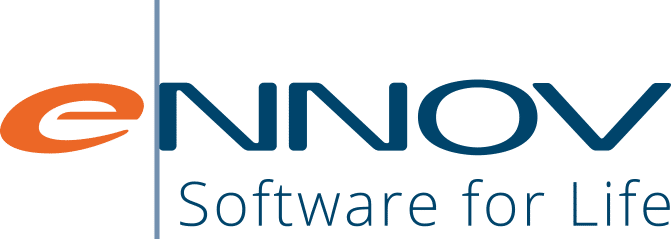Now that we’re back from the RAPS Convergence in Montreal, I thought I’d share what stood out to me. While a number of interesting topics were discussed, what piqued my interest most was a rather unassuming session titled “UDI Master Data” led by Jay Crowley of USDM Life Sciences. It reminded us of the history, importance, and relevance of UDI and our role in it today. I’d like to extend a special thank you to Jay for his insightful session.
The Importance of UDI
Introduced over a decade ago, UDI, or Unique Device Identifier, was designed to:
- Reduce errors in the interpretations of market authorizations by regulatory bodies and fight against falsified devices (all of us will have access to approved and reliable devices!)
- Significantly improve our ability to recall, and take off the shelves, devices against which significant pharmacovigilant adverse events have been reported.
- At least in some regions, make this information publicly available. So, at the outset, we are informed buyers, when the device in question impacts our health.
Who does this impact? It impacts me, my family, and my community – because, at the end of the regulatory process lies public health care. One of the key points I took away was about the practical challenges of participating and supporting this global cause, that touches all our lives, in an efficient and timely manner.
Challenges in Implementation
For those who are new to Medical Devices, UDI stands for Unique Device Identifier, but each identifier carries with it, descriptors of the medical device, conveyed to the world in anywhere between 80-140 data points per medical device. Oddly enough, this is being described and exchanged using regional specifications around the globe. The original intent remains the same across the globe, but, is implemented differently.
The vision of a robust growing UDI standard enabling context-sensitive information available in an instant has simply not happened. Why not?
I suspect it has to do with the Regulatory Professionals, in medical device companies having to suddenly contend with a data-centric world, which until 4 years ago was largely document-centric. They just don’t have the right tools!
Compounding this change is the fact that regions like the USA, EU, UK, Brazil, etc. are all applying their own requirements for “UDI” which aren’t harmonized/ consistent.
Anecdotally, I heard echoes of this at the RAPS Euroconvergence earlier this year. Several sessions mentioned the complex requirements for Europe’s UDI requirement (EUDAMED), leading manufacturers to market in other regions first. This isn’t good for patients nor is it good for the industry and results in an entire population being devoid of the best of breed.
The question that I ask this forum of colleagues is:
- Should we have harmonization under something like the hospices of ICH which was intended to reduce industry burden while not compromising the intent? We’ve already done this now with eCTD across the globe.
- Can we not work towards a truly “Universal Device Identifier” vs a regionally specific “Unique Device Identifier”
Ennov’s Solution
At Ennov, we work towards creating the common data model for UDI, to ensure data isn’t duplicated and to eliminate errors. We then package it for the specific regions. There are solutions available on the market, are they best meeting the end goals of UDI? I’d be interested in hearing your thoughts; so please don’t hesitate to send a critique.
The road to a robust global UDI system requires a united industry effort. Adopting technological innovations, fostering collaborative partnerships, and reshaping the perception of UDI are key steps toward navigating the regulatory landscape more effectively.
The RAPS Convergence 2023 has amplified the discussion around UDI, and as we move forward, continued dialogue and action are essential to unlocking the potential of UDI in improving patient safety, operational efficiencies, and global market access. I thank RAPS, the volunteers, and the organizers for allowing the industry a forum to collaborate, debate, and arrive at good answers.


